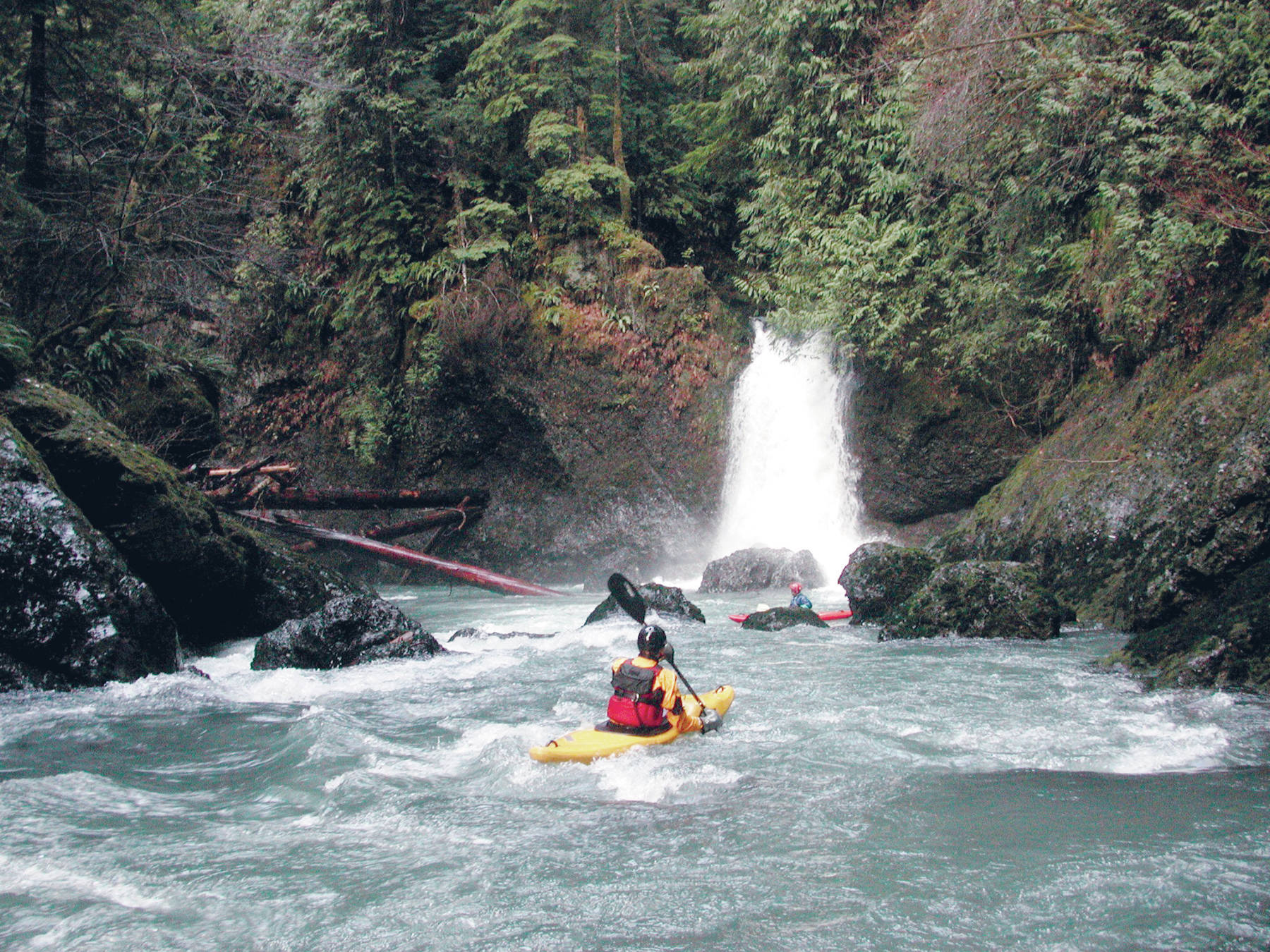WASHINGTON, D.C. – The U.S. House of Representatives on Friday passed the Wild Olympics Wilderness and Wild and Scenic Rivers Act (H.R. 999), which would permanently protect more than 126,000 acres of public land on the Olympic Peninsula and 19 rivers and their major tributaries as Wild and Scenic rivers.
The bill’s prime sponsor is Rep. Derek Kilmer, D-Gig Harbor. It passed as part of a package of bills in the Protectding America’s Wilderness and Public Lands Act, which offers protection for millions of acres of public land around the country.
Washington Sen. Patty Murray will introduce a companion bill in the Senate for the Olympic Peninsula land.
“I’m proud to see the House pass this practical, balanced strategy, that will protect the wildest and most pristine places on the Peninsula while ensuring we can keep and grow jobs in our natural resource industries and other sectors,” Kilmer said in remarks on the House floor before the vote. “I am grateful for the years-long collaboration to create a proposal that works for folks across the community – including tribes, sportsmen, conservation groups, timber communities, business leaders, shellfish growers, and everyone in-between.”
The Wild Olympics protection, originally proposed in Congress by now-retired Congressman Norm Dicks, received strong initial opposition from some sportsmen and timber interests, which resulted in changes from the initial proposals.
Kilmer and environmental groups who support the legislation sought input from local stakeholders, including some regional timber interests. The congressman says the legislation would have no impact on the harvestable timber base and will not close, decommission, or otherwise restrict access to any existing forest service roads or trailheads, will not affect any private property rights, and it will not impact how the Washington Department of Natural Resources’ manages state-owned lands.
The congressman’s office says more than 800 regional businesses, farms, faith leaders, sportsmen groups, elected officials, conservation, outdoor recreation, and civic groups have endorsed Wild Olympics, and more than more than 12,000 Peninsula residents have written letters or signed a petition in support.
“It is easy to see and understand the ecological value of the Wild Olympics idea, conserving clean and free flowing rivers, but what is sometimes missed is the economic value that maintaining places like Wild Olympics brings by attracting people to the special outdoors of the Olympic region,” said State Representative Steve Tharinger, 24th Legislative District. “I want to thank REI and Patagonia for engaging local community leaders like myself to help design the map, and for recognizing that encouraging people to get out and enjoy the special places in the Wild Olympics proposal brings economic benefits to the communities I represent.”
“My own experience as a CEO and Entrepreneur is that our area’s natural treasures- which provide world-class outdoor recreation, clean water and our area’s high quality of living- are what give us a competitive edge over other regions in attracting and retaining the talented people new companies require,” said Aberdeen Forest Products Consultant & former timber CEO Roy Nott in his July 10th 2019 testimony before the House Natural Resources Committee in support of the bill. “Wilderness and wild and scenic river protections would help protect and grow the local jobs that depend on our ability to compete for talent against other regions, and they would enhance our recruitment efforts as we work to grow new businesses in the future. And as a former Timber Industry Executive, I appreciate that Senator Murray and Rep Kilmer’s final compromise proposal was scaled-back to ensure it would not impact current timber jobs.”
“Conservation for me on the Olympic Peninsula means that the next generation and generations to come can come out here and experience the way that I experience it and the way my grandpa experienced it when he fished out here and that forever we always have this – what is wild and what is the Olympic Peninsula and our culture today,” said Ashley Nichole Lewis, Bad Ash Fishing Guide Service in Taholah.


